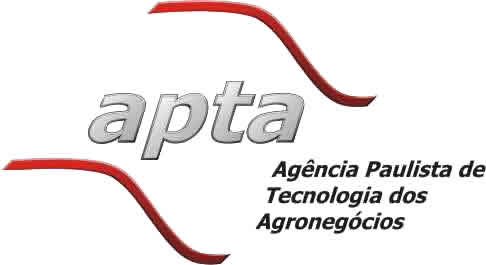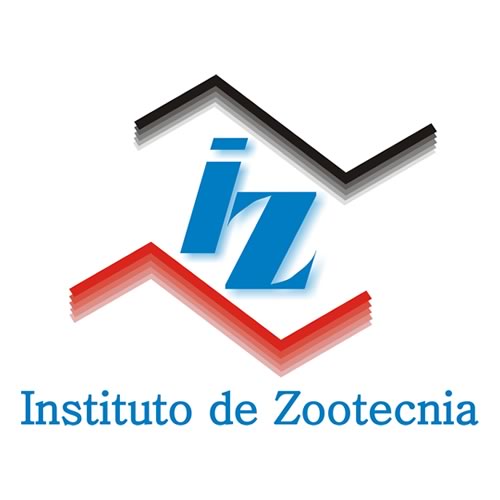Effects of natural additives as an alternative to ionophores on intake, digestibility, ruminal parameters, methane emission and performance of beef cattle in feedlot
Coordenador(a): Renata Helena Branco Arnandes
Vigência do projeto
01/06/2020 até 28/06/2022
Unidade responsável
IZ, Centro de Bovinos de Corte
Área Estratégica
sustentabilidade ambiental
Linha de Pesquisa
Nutrição de ruminantes
Feed additives have the potential to improve the of nutrients in ruminants, modifying rumen microbial population and, consequently, fermentation and the digestion process in the rumen, thus, improving feed efficiency of the animal (Mcguffey et al., 2001). Antimicrobial growth promoters (AGP), such as monensin, tylosin, chlortetracycline, and sulfamethazine, are commonly fed subtherapeutically to feedlot beef cattle to improve growth performance and prevent disease (Reti et al., 2013; Thomas et al., 2017; Ran et al. 2020). However, the high risk of developing antimicrobial resistance and the potential health risks to humans consuming animal products with AGP residues or contaminated with resistant zoonotic pathogens are concerns for scientists and the public alike. The European Union and many other countries have banned the use of AGP in animal feed, and the AGP ban may gradually be imposed in more locations worldwide, including North America and China (Ran et al., 2020). Therefore, alternative means of manipulating ruminal microbial population should receive especial attention. Within this context natural additives such as essential oils, saponins and yeast to improve feed efficiency, performance and reduce the methane emission have emerged as potential candidates to be used as alternative to the antibiotics.
| Renata Helena Branco Arnandes | Coordena este projeto |
Sobre
O SGP (Sistema de Gestão de Pesquisa) foi implementado em todas as unidades APTA, para centralizar o controle de todos os projetos desenvolvidos sob sua supervisão. [Ler mais]
Endereço APTA – São Paulo
Praça Ramos de Azevedo, 254, 2º andar - República, São Paulo - SP
Fone : (11) 5067-0447 e 5067-0427
Endereço APTA – Campinas
Avenida Barão de Itapura, 1481 - Botafogo, Campinas - SP
Fone : (19) 2137-8930



